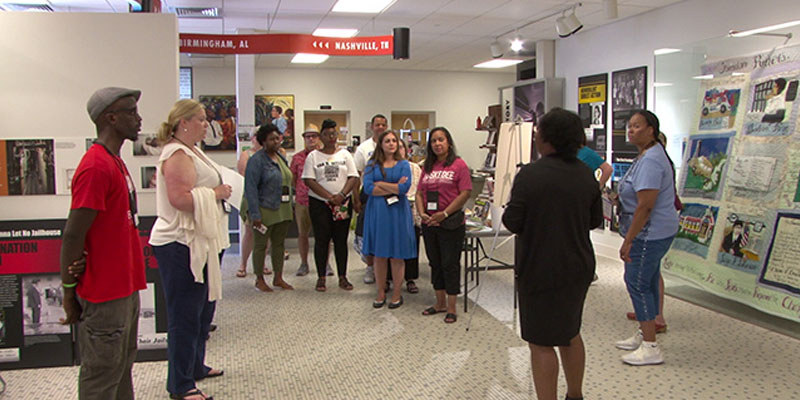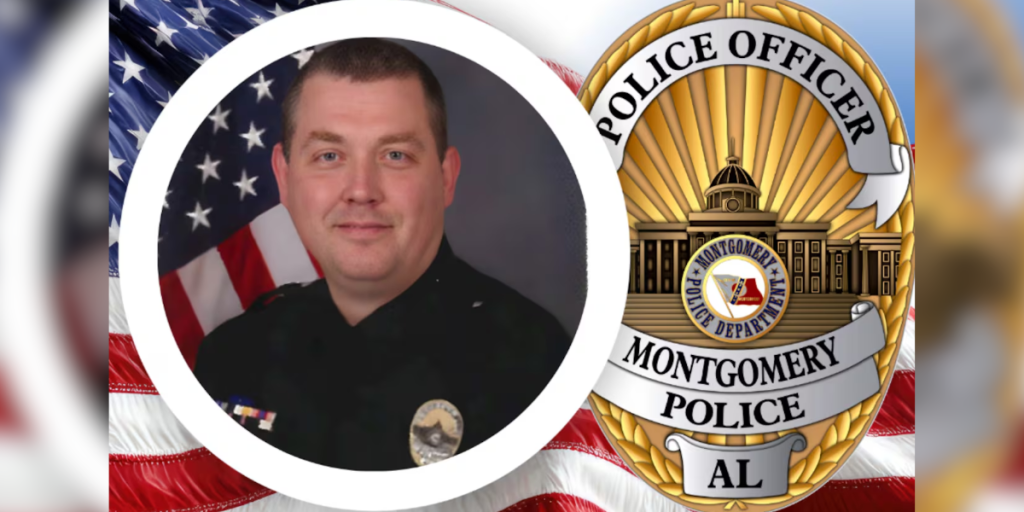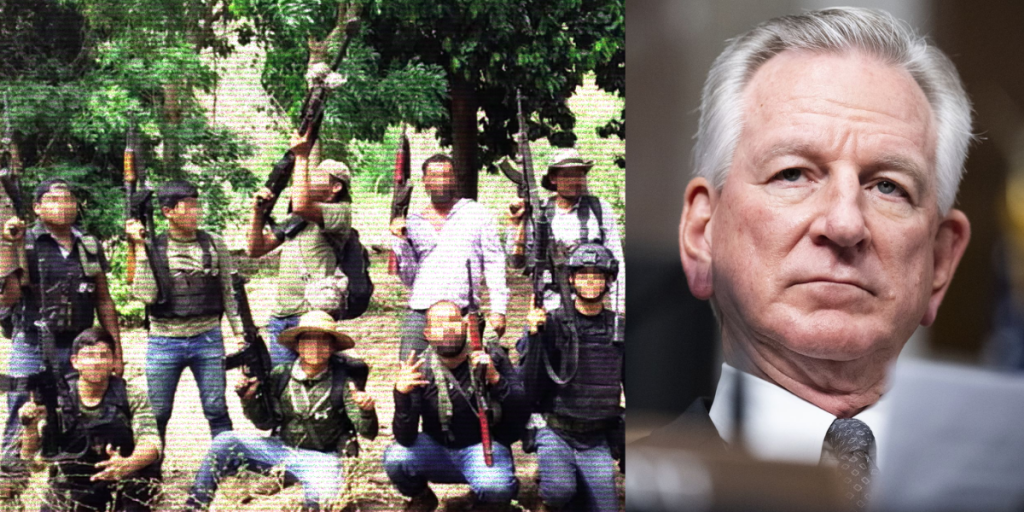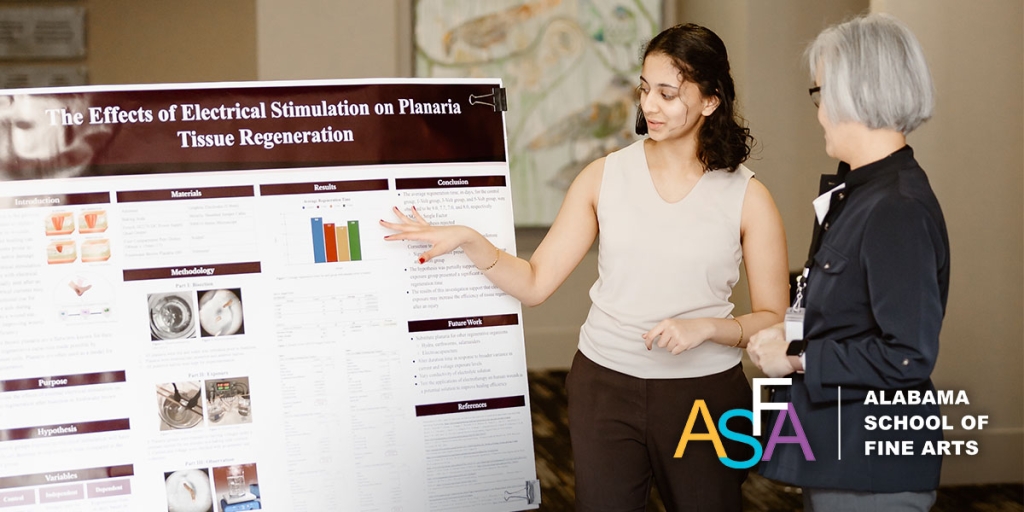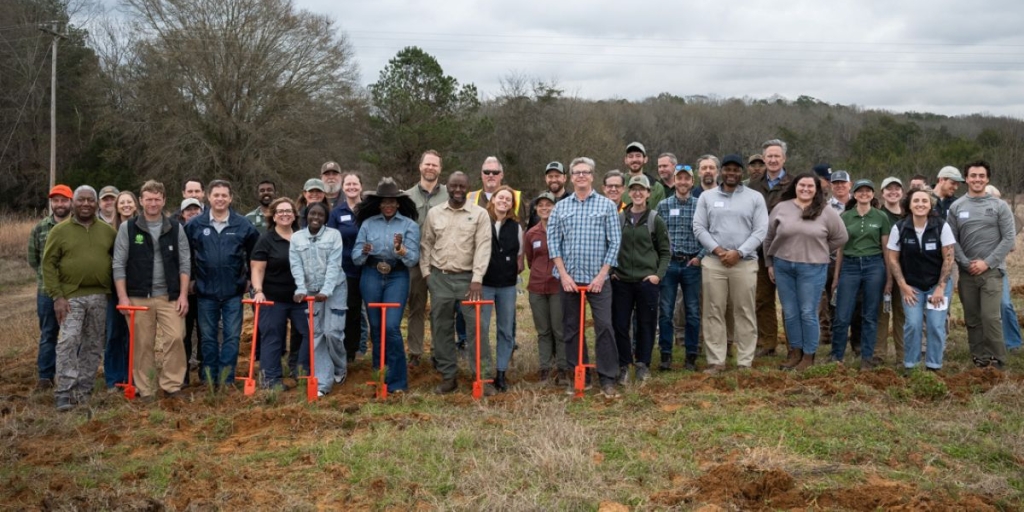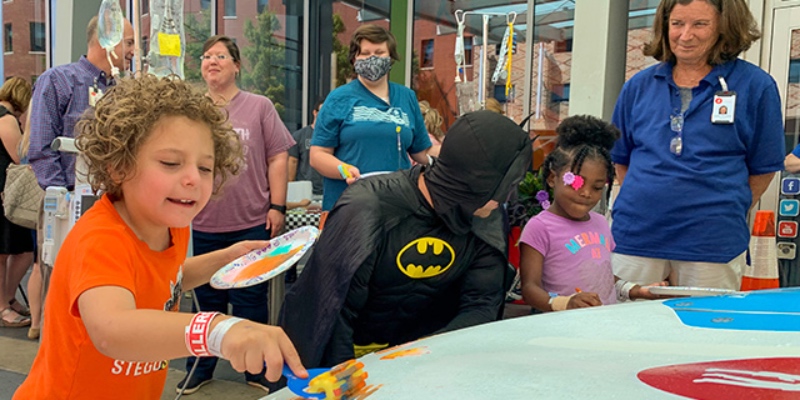How do you surprise history teachers who don’t live in Alabama? Bring them to the state for three weeks to discover what their education didn’t teach them about the civil rights movement.
“For me the surprising thing was how many people were involved in the movement that I just didn’t know about,” said Kevin Mears, a 10th grade U.S. history teacher from Brooklyn, New York. “You know Rosa Parks, you know Martin Luther King Jr., you know Malcolm X, you know some of the big names, but to take their stories a little bit farther and go deeper into their stories — like, I didn’t know Rosa Parks was a lifelong activist for human rights and civil rights before and after the bus movement. That was really powerful for me. To be in the places where it happened — going to King’s parsonage and being in the room where SCLC was started was overwhelming.”
Mears was among 71 teachers who came to Alabama this summer as part of the Stony the Road We Trod Institute, a three-week workshop presented in partnership with the Alabama Humanities Foundation exploring Alabama’s civil rights legacy. The teachers visited civil rights landmarks around Alabama, including stops in Selma, Montgomery, Tuskegee and Birmingham. Martha Bouyer, executive director of the Historic Bethel Baptist Church Foundation and director of the workshop, said it started years ago as a one-week workshop but expanded to three weeks a few years ago.
“The teachers always said they needed more time, so what I decided to do was to take my one-week project and expand it,” Bouyer said. “Now the program is being offered as a three-week institute, funded by the National Endowment for the Humanities. I’ve had international teachers to come from the U.S. State Department. They’ve sent teachers from emerging democracies, and I’ve had people from places like Turkey, Russia, Kazakhstan, Pakistan, South Africa and Colombia.”
Bouyer said the goal of the workshop is for these teachers to change how this history is taught.
“I want them to go back and let their students know the power of the individual in history,” Bouyer said. “We generally hear Rosa Parks and Martin Luther King Jr., but get kids to interview their grandparents or somebody in the community. Go to the nursing home. We’re lifting up names and contributions, however small it may appear to be, but I want them to do that. My goal is for this investment to forever change how we teach this history.”
Teachers explore Alabama’s civil rights legacy from Alabama NewsCenter on Vimeo.
Anna Osborne, a kindergarten teacher from Alderson, West Virginia, said visiting places like the National Memorial for Peace and Justice in Montgomery will change the way she teaches.
“I will go back to my classroom changed with a deeper understanding of the truth of this part of history,” Osborne said. “They might not get to come here but if they are able to see my pictures and hear my first-hand account, then I think it humanizes it for them a little.”
William Frazier, a ninth grade world history teacher from Laurel, Mississippi, said his biggest challenge will be convincing his students what he’s seen is true.
“We’re in a trying time now where kids think, ‘if I didn’t see it, then it didn’t happen,’ so I have to make it real to them and relevant to them,” Frazier said. “This is a way to do it. These things really happened. None of this is fake.”
Andraya James, a second grade teacher from Dallas, Texas, said she was surprised how much her visit to the 16th Street Baptist Church and the Birmingham Civil Rights Institute affected her.
“What I’ve seen in Birmingham has had the most impact on me,” James said. “The whole experience has been awesome.”
James said she’s eager to take what she’s learned back to her students.
“I will take it back and let them know that civil rights did not begin with one person and did not end with one person,” James said. “There are many unsung heroes within the movement. Everyone has a hand in it, even if you’re not at the forefront making the speeches, you can still add your 2 cents and be effective.”
To learn more about this workshop, visit stonytheroad.org.
(Courtesy of Alabama NewsCenter)




